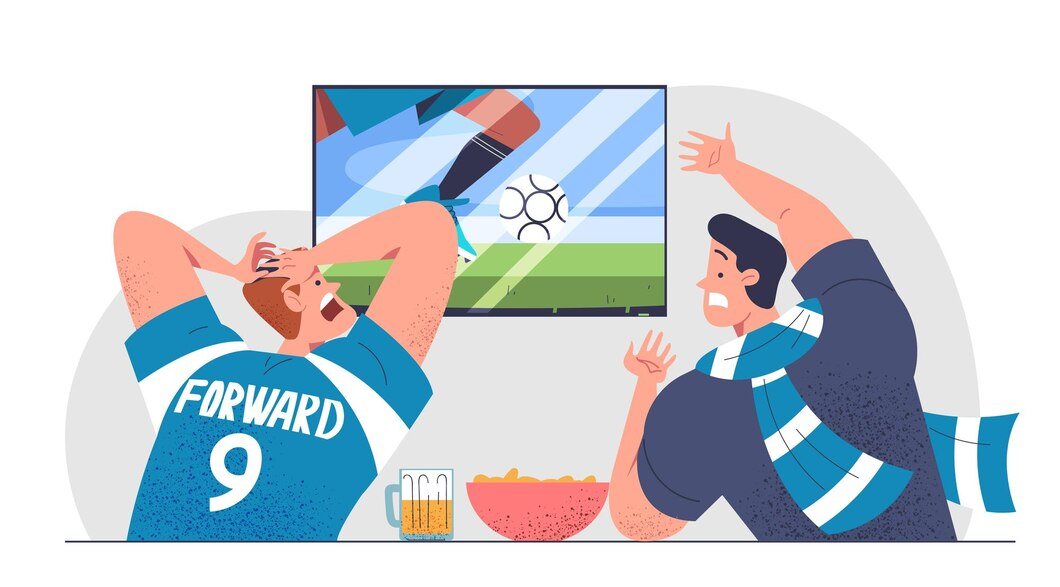How to Improve Your Reaction Time in Competitive Games

Playing competitive games requires sharp reflexes and fast decision-making skills. Improving your reaction time can give you an edge over your opponents, helping you win more matches and enjoy the gaming experience even more.
Understanding Reaction Time
Reaction time is the period between perceiving a stimulus and responding to it. In gaming, this could be spotting an enemy and shooting or dodging an incoming attack. Improving this skill involves sharpening both your mental processing and physical responses.
Factors Affecting Reaction Time
- Age: As you age, your reaction time may naturally decline.
- Sleep: Lack of proper rest reduces alertness and slows reactions.
- Diet and Hydration: Poor nutrition can negatively affect cognitive function.
- Experience: Familiarity with a game improves your ability to predict events.
- Stress Levels: High stress can reduce performance.
Practical Tips to Improve Reaction Time
1. Optimize Your Gaming Setup
Having the right gaming setup can make a big difference.
Suggestions:
- Use a monitor with a high refresh rate (at least 144 Hz).
- Lower your display response time (1 ms or 2 ms is ideal).
- Customize your mouse DPI settings for better control.
- Ensure your internet connection is stable with low latency.
- Use a comfortable, ergonomic keyboard and mouse.
2. Warm Up Before Playing
Just like athletes warm up before a game, gamers should do the same.
Examples:
- Spend 5-10 minutes in training modes.
- Perform aim drills in shooting games.
- Do hand and finger stretching exercises.
3. Improve Hand-Eye Coordination
Hand-eye coordination is essential for accurate and fast responses.
Tips to Practice:
- Use aim trainers like Aim Lab or Kovaak’s.
- Play rhythm games such as Osu! or Beat Saber.
- Engage in physical activities like juggling or ball-catching exercises.
4. Practice Predictive Gaming
Being able to predict what will happen next helps reduce reaction time.
Suggestions:
- Study opponents’ patterns and tendencies.
- Learn map layouts to anticipate enemy movements.
- Pay attention to sound cues and visual signals.
5. Maintain Proper Posture
Sitting in the right position reduces physical strain and improves reaction speed.
Tips:
- Sit upright with your back supported.
- Keep your wrists straight and relaxed.
- Position your monitor at eye level.
- Maintain a 90-degree angle for your elbows.
6. Train Your Brain
Cognitive exercises can help boost your mental speed.
Activities:
- Play memory and puzzle games.
- Use brain training apps like Lumosity.
- Practice quick decision-making scenarios.
7. Focus on Your Diet
What you eat and drink impacts your brain function.
Suggestions:
- Consume foods rich in omega-3 fatty acids (fish, walnuts).
- Eat antioxidant-rich fruits and vegetables.
- Stay hydrated by drinking plenty of water.
- Avoid excessive sugar and caffeine.
8. Get Quality Sleep
Adequate rest is crucial for cognitive function.
Tips:
- Aim for 7-9 hours of sleep per night.
- Avoid screens at least 30 minutes before bed.
- Maintain a consistent sleep schedule.
- Create a comfortable sleep environment.
9. Reduce Stress Levels
Stress can hinder your performance in games.
Suggestions:
- Practice deep breathing exercises.
- Take breaks during long gaming sessions.
- Listen to calming music to relax.
- Focus on enjoying the game rather than just winning.
10. Regular Practice
Consistent practice helps develop muscle memory and improves reaction time.
Tips:
- Create a daily or weekly practice schedule.
- Play custom matches to focus on weak areas.
- Watch tutorials and learn from experienced players.
Exercises to Boost Reaction Time
1. Ball Drop Test
Have someone hold a ball above your hand and drop it. Try to catch it as quickly as possible.
2. Finger Tap Speed Test
Use a smartphone app to measure how many taps you can achieve in a set amount of time.
3. Reaction Time Test Websites
Visit sites like Human Benchmark to test and improve your reaction speed.
4. Peripheral Vision Training
Place objects on the sides of your screen and try to notice them while focusing on the centre.
5. Quick Decision Drills
Play fast-paced games that require rapid decision-making, such as arcade-style games.
Example Success Story
John’s Improvement Journey: John was a competitive FPS player who struggled with slow reactions. After optimizing his setup, practising aim drills daily, and focusing on his posture and diet, he reduced his reaction time by 50 milliseconds and started winning more matches. John’s story shows how consistent effort can lead to noticeable improvements.
Conclusion
Improving your reaction time in competitive games requires a combination of physical and mental training, a proper gaming setup, and a healthy lifestyle. By applying these practical tips and exercises, you’ll not only enhance your gaming performance but also enjoy the experience more. Practice consistently and watch your reaction times improve over time.
